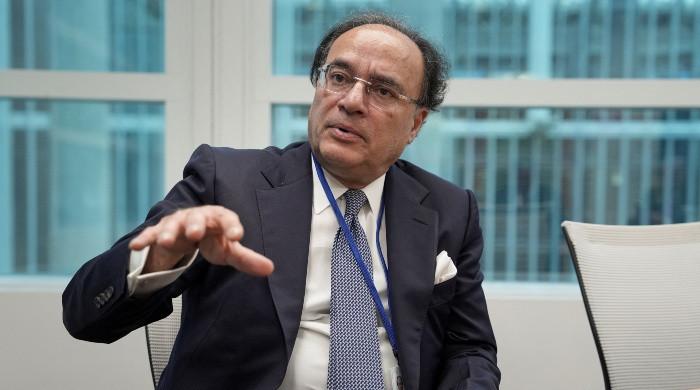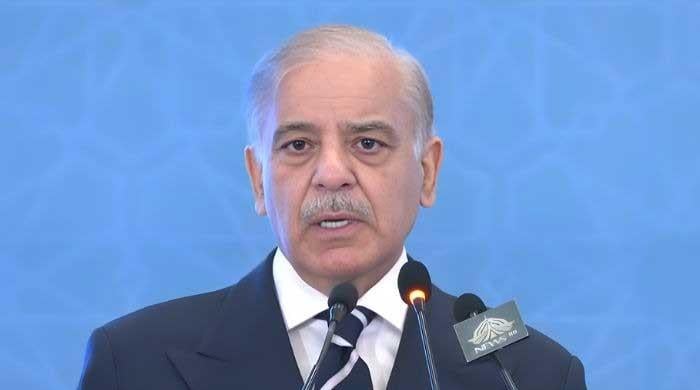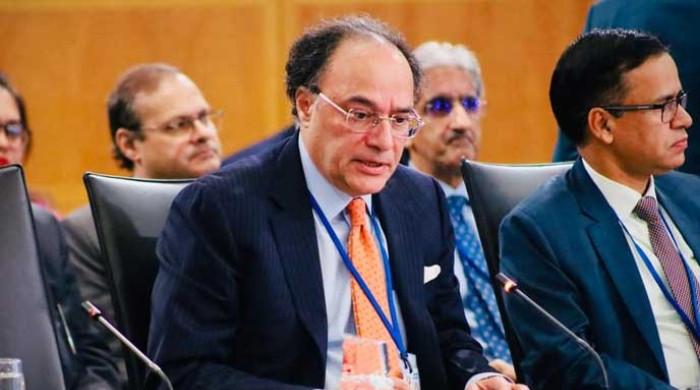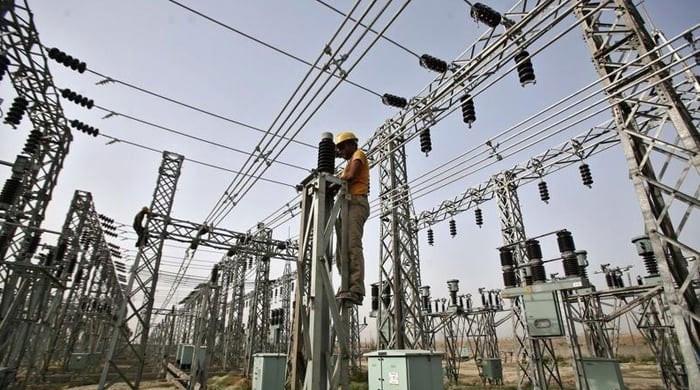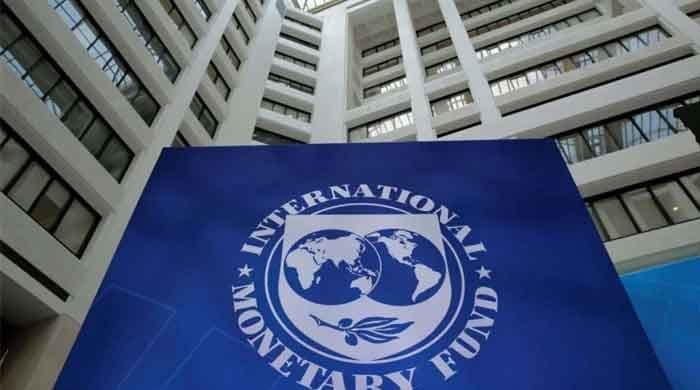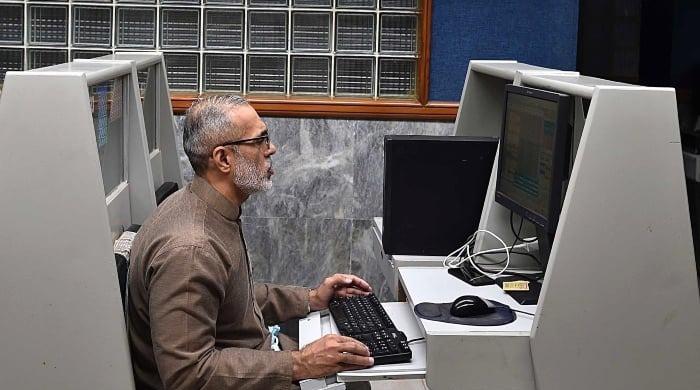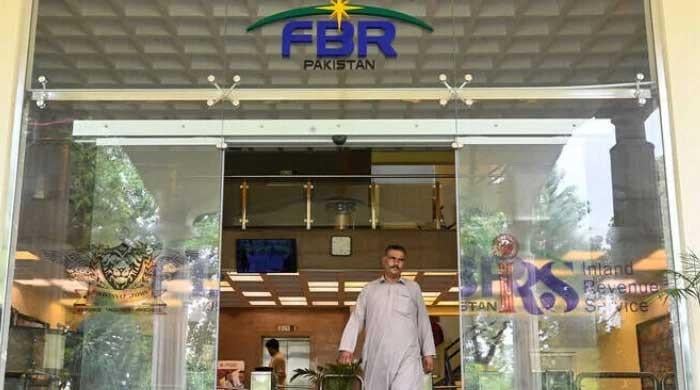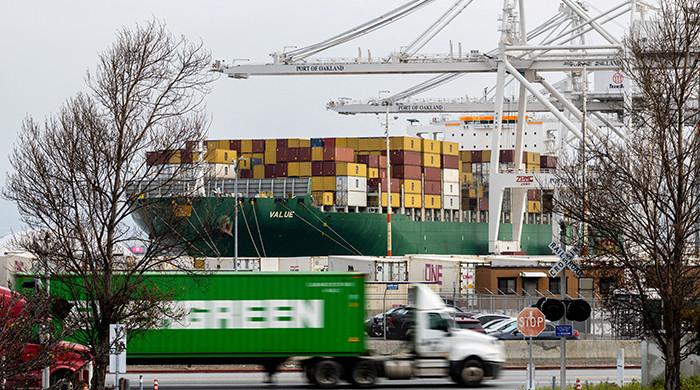Monetary policy: SBP likely to maintain status quo in interest rate today
First policy announcement after Ishaq Dar's return as finance minister; reports suggest policy rate will remain unchanged at 15%
October 10, 2022
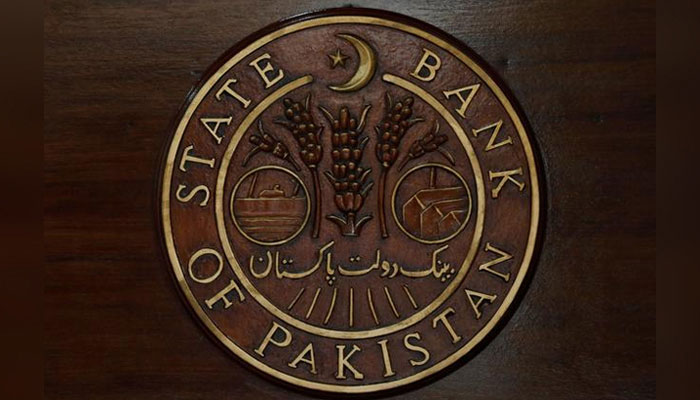
- Market reports suggest policy rate will remain unchanged at 15%.
- SBP had increased policy rate by 800bps in 11 months.
- Today’s meeting is first after Ishaq Dar and SBP chief assumed office.
KARACHI: The State Bank of Pakistan (SBP) is scheduled to meet today (October 10) to assess developments on the economic front and announce its monetary policy for the next seven weeks.
Conflicting movements in economic indicators suggest the worst is not yet over, but the market has developed a consensus that the policy rate will remain unchanged at 15% for the next one and a half month.
However, a significant section of market participants did not rule out a reduction of 25-50 basis points, considering a fall in inflation reading to 23.2% in September compared to a 47-year high of 27.3% in the prior month.
More importantly, new Finance Minister Ishaq Dar, who is following his old recipe of running a controlled economy, will like to see an easy monetary policy.
Today’s Monetary Policy Committee (MPC) meeting is the first after the start of SBP Governor Jameel Ahmad and Dar assumed charge.
The interest rate and flexible rupee-dollar parity are the two major tools available with central banks all over the world to control inflation reading and give a direction to the economic trajectory in their respective countries.
The SBP has increased the rate by a cumulative 800 basis points in 11 months (September 2021 to July 2022) to 15%. The central bank maintained the rate in its previous monetary policy unveiled in August 2022.
A further hike is apparently not an option in the minds of policymakers, which may prove to be disastrous. The economy has already contracted beyond the required level in the wake of devastating floods.
Rising international oil prices, which have bounced back towards $100 per barrel this weekend, pose a serious threat to Pakistan’s economy. They may keep the country’s import bill and inflation at higher levels. The surge in oil prices seems to be long-lasting following OPEC+ announcement of a notable reduction of two million barrels per day in oil output.
Developments in the energy market may force the central bank to keep its benchmark interest rate unchanged. On the other hand, the reduction in inflation, drop in the twin trade and current account deficits and smart recovery of the rupee against the US dollar may make the case for a reduction in the policy rate.




